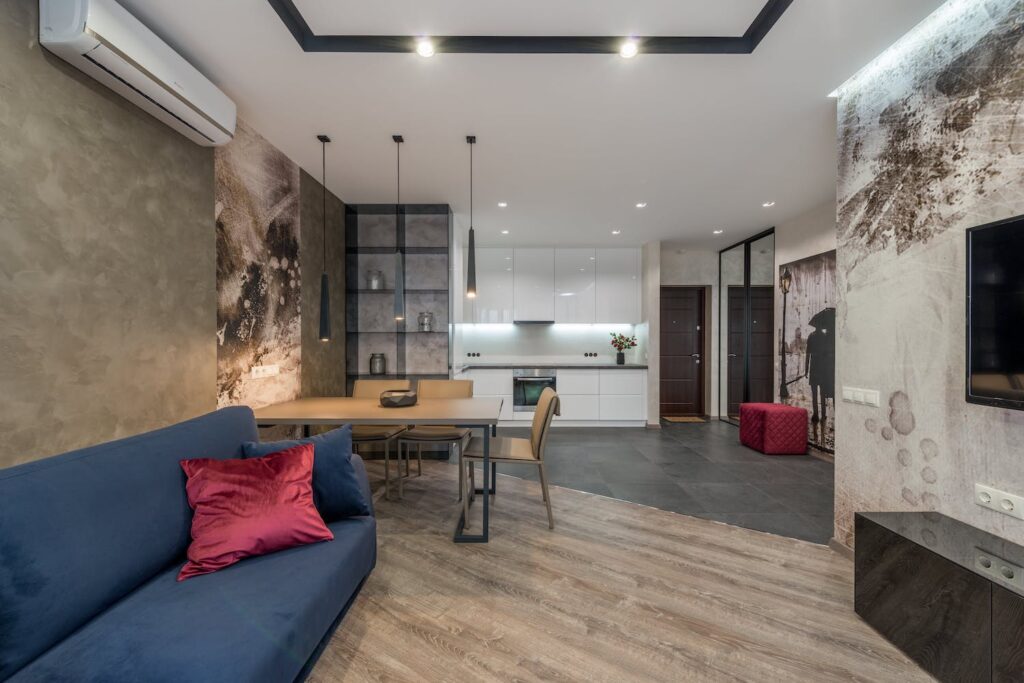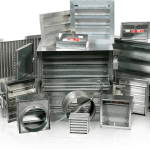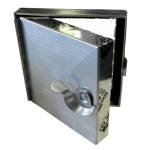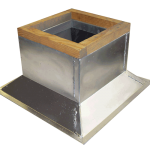
Why Are HVAC Air Filters Important?
When it comes to maintaining a safe and comfortable environment in your building, your HVAC (Heating, Ventilation, and Air Conditioning) system plays a pivotal role. However, there’s a vital but often overlooked component that deserves our attention – the air filter. These seemingly unassuming filters serve a crucial purpose in ensuring the efficiency, air quality, and safety of your system. In this blog, we will delve deep into the significance of HVAC air filters, their role in maintaining indoor air quality, and the benefits of using high-quality filters for your system.
The Heart of Your HVAC System
What is HVAC?
Before we delve into the importance of air filters, let’s briefly explain what HVAC systems are. HVAC stands for Heating, Ventilation, and Air Conditioning systems. These systems are designed to regulate temperature, humidity, and air quality in buildings, ensuring that occupants are comfortable and safe year-round.
The Role of Air Filters
At the core of every HVAC system, you’ll find air filters. These filters are designed to trap dust, debris, allergens, and other contaminants present in the air. They are the first line of defense in maintaining air quality and protecting the system from damage. Without them, your system would quickly become clogged with dirt and pollutants, leading to reduced efficiency and, potentially, expensive repairs.
Maintaining Indoor Air Quality
Cleaner Air for Healthier Living
One of the primary roles of air filters is to improve indoor air quality. They effectively remove particles such as pollen, dust mites, pet dander, and mold spores from the air. This is particularly important for individuals with allergies, asthma, or other respiratory conditions, as cleaner air can lead to improved health and well-being.
Protecting Against Airborne Contaminants
Apart from allergens, HVAC filters also play a significant role in removing potentially harmful airborne contaminants. This includes bacteria, viruses, and volatile organic compounds (VOCs), which can have detrimental effects on health. By capturing these contaminants, air filters help create a safer and more comfortable indoor environment.
Reducing Dust and Dirt
HVAC systems are not only responsible for temperature control but also for maintaining the cleanliness of the air. Over time, without effective air filters, dust and dirt can accumulate within the system and be distributed throughout the building. This not only affects air quality but also the cleanliness of your property.
The Benefits of High-Quality Air Filters
Improved Energy Efficiency
Efficiency is a critical factor when it comes to HVAC systems. Clogged or low-quality filters can obstruct the airflow and force the system to work harder to maintain the desired temperature. This increased workload results in higher energy consumption and, subsequently, higher utility bills. High-quality filters can help maintain efficient system performance, saving you money in the long run.
Prolonging the Lifespan of Your HVAC System
HVAC systems are a significant investment, and proper maintenance is essential to extend their lifespan. Clean and efficient air filters prevent dust and debris from accumulating within the system, reducing wear and tear. By protecting your system, high-quality filters can help you avoid costly repairs and replacements.
Environmental Responsibility
Efficient systems not only benefit your wallet but also the environment. By reducing energy consumption through the use of quality filters, you decrease your carbon footprint. This is an important step in our collective efforts to combat climate change and promote sustainability.
Choosing the Right Air Filters
Filter Types
When selecting air filters for your system, it’s essential to choose the right type. Filters come in various materials and designs, including fiberglass, pleated, HEPA (High-Efficiency Particulate Air), and electrostatic filters. The choice depends on factors like your indoor air quality needs and the specific system you have.
MERV Rating
Filters are rated using the Minimum Efficiency Reporting Value (MERV) scale, which measures their ability to capture particles. Higher MERV ratings indicate better filtration. However, it’s essential to balance filtration with airflow. Too high a MERV rating can lead to reduced airflow and strain on your system.
Maintaining Your Air Filters
Regular Replacement
Air filters are not a “set it and forget it” component of your HVAC system. Regular replacement is necessary to ensure they continue to perform effectively. The frequency of replacement depends on factors such as filter type, system usage, and indoor air quality. Generally, filters should be replaced every 1 to 3 months.
Professional Maintenance
While you can perform basic filter replacements yourself, it’s essential to schedule regular professional maintenance. Certified technicians can inspect your system, identify any issues, and recommend the best filter type and replacement schedule for your specific HVAC system.




